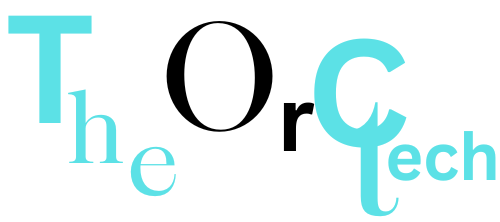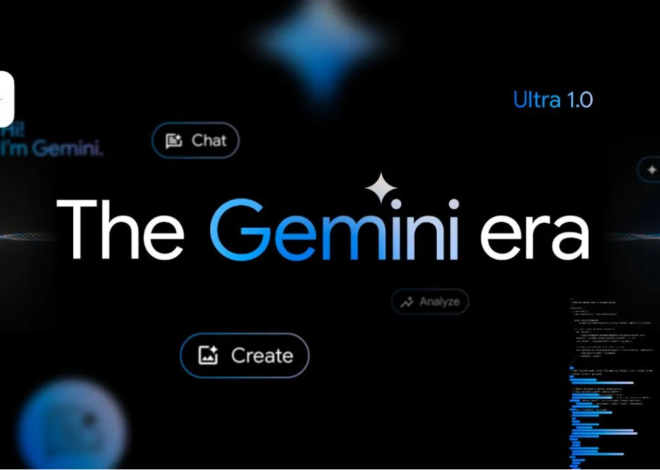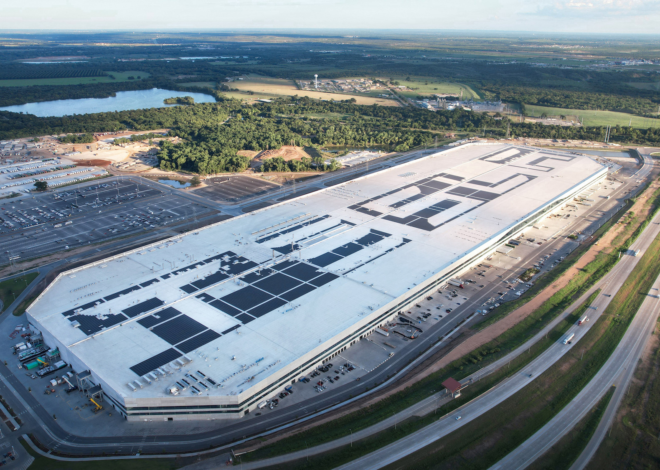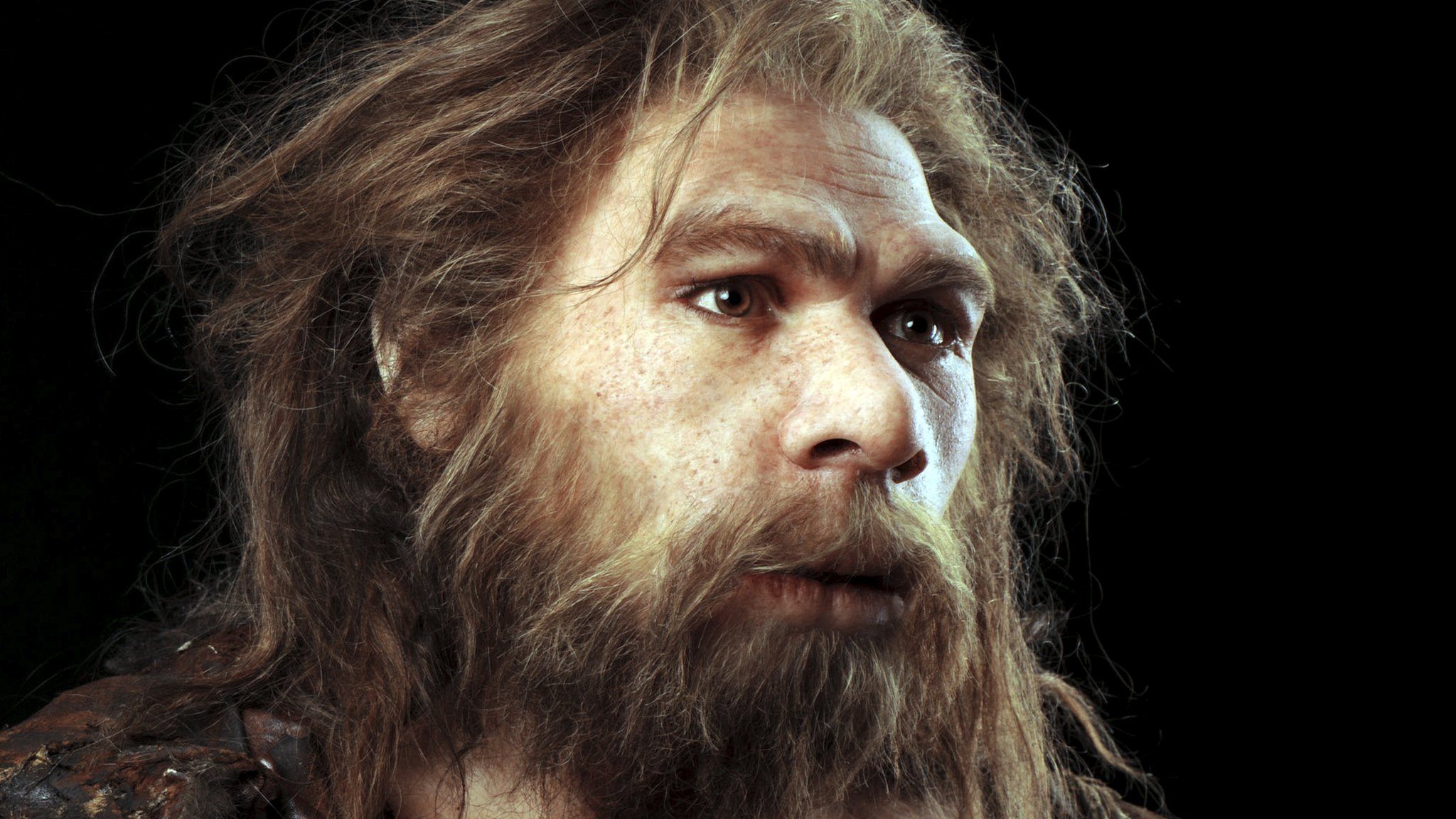
Evolutionary Genetics and the Neanderthal Inside Us
An Exploration of our ancestors’ genetics
We have pioneered a major scientific leap forward by delving deep into our Neanderthal ancestors’ genetic code. The researchers analyzed mitochondrial DNA from 400,000-year-old Neanderthal remains unearthed in Spain in an effort to unlock the enigmatic secrets of Neanderthal genetics. It is nothing short of astounding what they have discovered.
This genetic odyssey unveils a remarkable revelation: a genetic connection between Neanderthals and many contemporary humans. Modern humans possess DNA fragments that resemble the Neanderthal genome uncannily, setting them apart from other populations. The reason? Intergenerational liaisons between our ancestors and Neanderthals transpired in the Middle East some 40,000 to 90,000 years ago. These hybrid offspring forged the roots of non-African populations, leaving an enduring genetic legacy that continues to shape our evolutionary path.
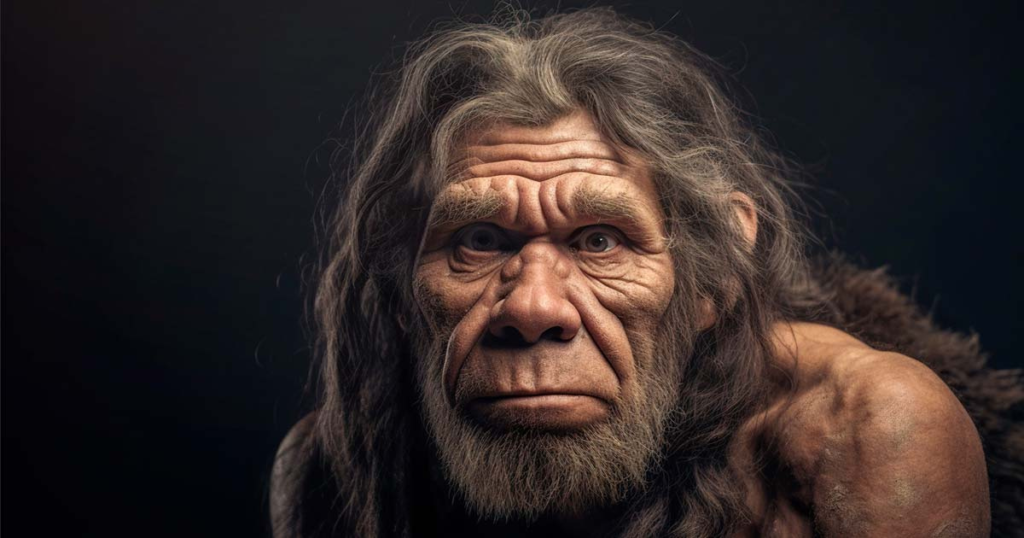
The genetic connection that binds us together forms the key to unlocking our fascinating journey through evolution. Our cognitive abilities and the trajectory of human evolution may be shaped by the genetic legacy of the Neanderthals, despite their absence from the annals of history.
Researchers are captivated by the tantalizing prospect of deciphering how this ancient DNA influences brain-related proteins, suggesting a profound link between our genetic heritage and the intricacies of human cognition. Yet, the quest to unveil these insights through the study of ancient DNA is dangerous, and fraught with the risk of contamination from modern humans. Hence, stringent safeguards are imperative to protect the sanctity of these genetic time capsules, preserving the secrets that lie within them.
Also Read “Scientists Grow Whole Model Of Human Embryo, Without Sperm or Egg“
As a testament to the enduring bond between our species and our ancient relatives, the Neanderthals endure as an indelible, yet subtle legacy within us.
A Journey Through the Code of Life
Exploring the genetic history of our Neanderthal ancestors, scientists have journeyed through the ages. From the depths of Spain’s ancient earth, they’ve extracted DNA from Neanderthal bones dating back a staggering 400,000 years, painstakingly assembling a pristine mitochondrial genome. This scientific feat offers a tantalizing glimpse into the enigmatic world of Neanderthal genetics, where surprises abound.
As the genetic code unfolds, a revelation of profound significance emerges a genetic connection that binds Neanderthals to a multitude of contemporary humans. These individuals carry fragments of DNA strikingly reminiscent of the Neanderthal genome, setting them apart from their human counterparts. The genesis of this genetic communion can be traced to a distant epoch in the Middle East, where our forebears engaged in a complex dance of interbreeding with Neanderthals some 40,000 to 90,000 years ago. These hybrid descendants set the stage for people outside of Africa, leaving a lasting mark on how we evolved.
In order to understand human evolution, we must understand this genetic link, deeply embedded in our very essence. Although Neanderthals have long disappeared from history’s spotlight, their genetic legacy lives on within us, potentially influencing how our brains work and the path of human development.
Researchers are particularly excited about the hints ancient DNA provides about brain-related proteins. It’s like a puzzle piece that helps us see the strong connection between our ancestral DNA and how our minds function. However, uncovering these insights from ancient DNA is a tricky business because it can easily get mixed up with DNA from modern humans. That’s why it’s crucial to be extra careful and protect these precious genetic clues.
Also Read “Huawei’s (Kirin 9000S) New Mystery 7nm Chip from Chinese Fab Defies US Sanctions“
In a stunning testament to the enduring bond between our species and our ancient brethren, the Neanderthals persist as a subtle yet profoundly significant presence within us, an echo of a time long past.
The analysis of 400,000-year-old Neanderthal DNA has revealed a remarkable genetic connection between Neanderthals and modern humans. Throughout history, interbreeding in the Middle East has shaped the genetics and cognitive abilities of non-African populations, offering insight into our evolutionary journey while emphasizing the importance of preserving ancient DNA. The Neanderthals left us with an enduring legacy, though they are no longer with us.
